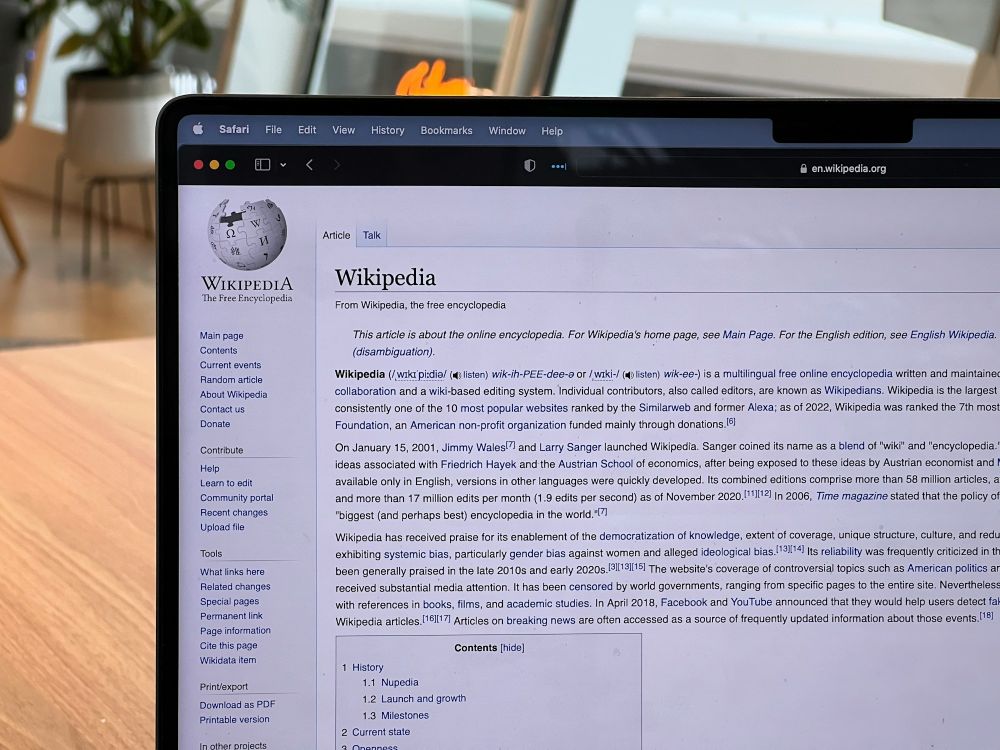Hellina Hailu Nigatu
@hellinanigatu.bsky.social
2.2K followers
250 following
130 posts
CS PhD candidate @UCBerkeley. Interested in multilingual and low-resourced language NLP + HCI. @SIGHPC CDS Fellow. Interned @MBZUAI. Current intern at DAIR
Website: https://hhnigatu.github.io
Posts
Media
Videos
Starter Packs
Pinned
Reposted by Hellina Hailu Nigatu
Reposted by Hellina Hailu Nigatu
Reposted by Hellina Hailu Nigatu
Reposted by Hellina Hailu Nigatu





